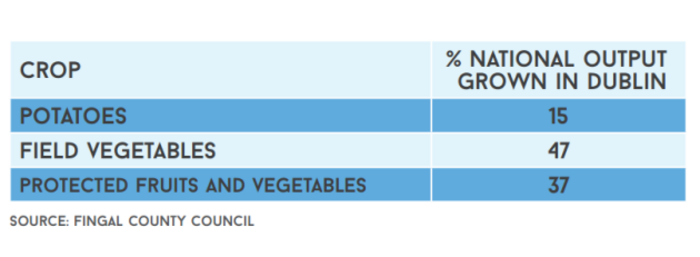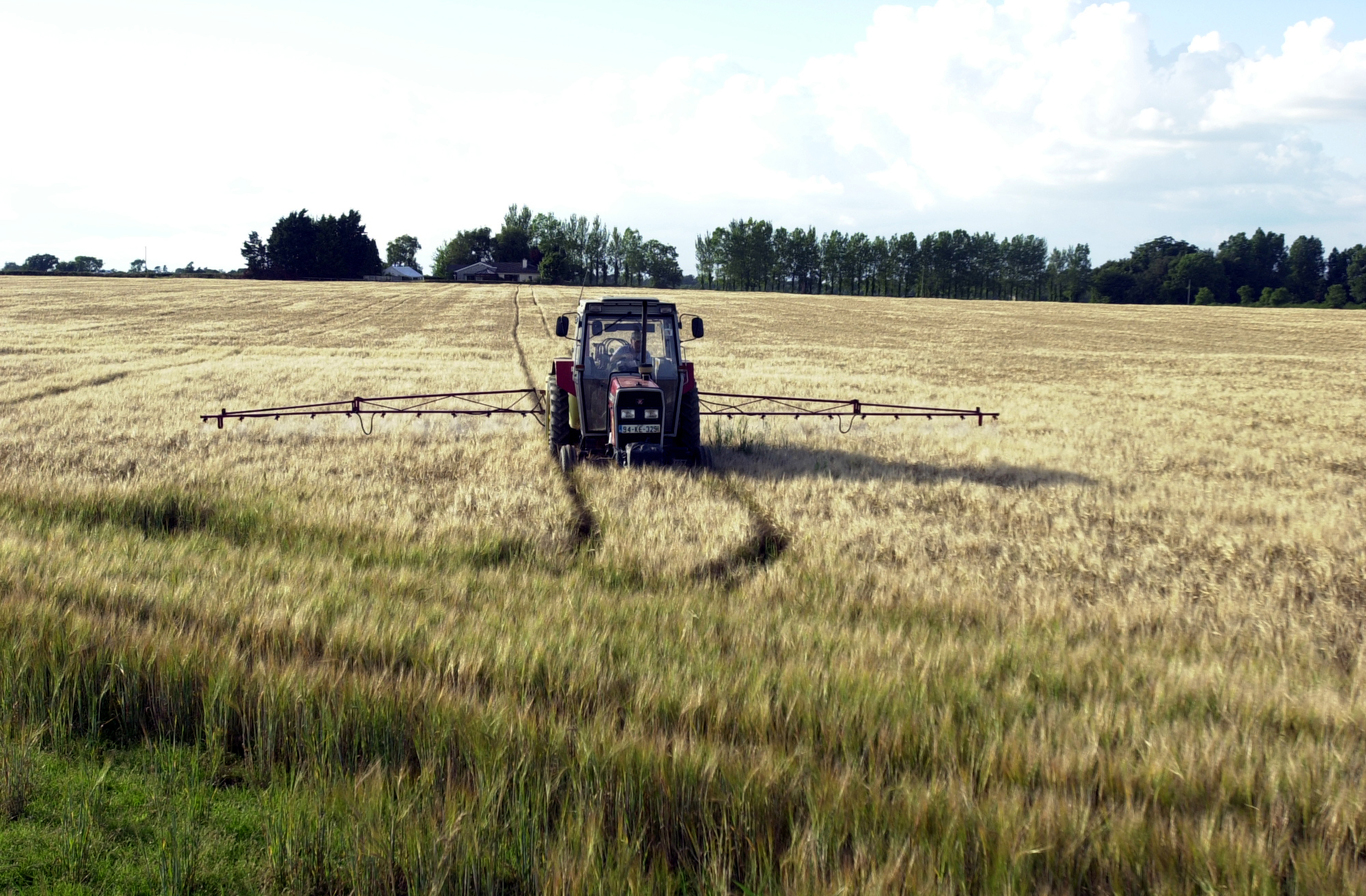Dublin agri-workers contribute three times more to economy than those outside capital
On average, Dublin agri jobs were found to contribute €178k compared to €55k elsewhere.
AGRICULTURE WORKERS IN the capital contribute more than three times as much to the economy on average compared to staff in the same industry outside the capital.
That is according to the seventh issue of the Dublin Economic Monitor, a joint initiative between the four Dublin local authorities that evaluates the state of Dublin’s economy on a quarterly basis.
The study said that Dublin accounts for one fifth of the total economic contribution of agri-food nationally.
“The sector sustains over 8,000 jobs in the region but, crucially, these are high-value adding jobs: on average each agri-food position in Dublin contributes over €178,000 to the national economy, compared to about €55,000 on average across all other regions,” it said.
“The high-value nature of the jobs, mainly in food and beverages manufacturing firms, implies that the sector in Dublin is considerably more productive than the national average.”
Fingal County Council chief executive Paul Reid said he was “particularly pleased with the feature … where analysis shows that Dublin accounts for one fifth of the total economic contribution of agri-food nationally.
“In terms of primary production, there are over 800 farms and approximately 118,000 hectares of land categorised under agricultural use, ensuring that Dublin continues to be a major contributor to national output,” he said.
Challenges
However, the report did flag that there are “challenges on the horizon”, specifically Brexit and its potential impact on Irish food and agriculture exporters.
 Dublin produces almost half of Ireland's 'field vegetables'
Dublin produces almost half of Ireland's 'field vegetables'
“The impact of the appreciation of the euro against sterling was a sudden and substantial blow to our international competitiveness,” it said.
“The UK is Ireland’s primary destination for agri-food exports and as the wider consequences of Brexit unfold it will be pivotal to have a robust policy response to buttress the sector’s contribution to Dublin’s prosperity.
“Conversely, Ireland is an important market for UK food exporters and the overnight improvement in their competitiveness must be seen as a threat to Irish producers trading in the domestic market.”
Jobs
Some of the other findings of the report include:
- 25,000 new jobs were created in the Dublin economy in the year to the end of the second quarter of 2016
- Arrivals at Dublin Airport continued to increase at a rapid rate and reached a record high of almost 1.14 million in May 2016
- Residential property prices rose by 3.8% year-on-year in July to stand at the highest level recorded since September 2009.
The report said that employment across all of the main sectors of Dublin’s economy increased in the second quarter of 2016 on a year-on-year basis.
“The greatest proportional gains were recorded in ‘industry’ and ‘construction’ where employment rose by 19.7% and 14.8% year-on-year respectively,” it said.
“Industry has been a strong performer over the past 12 months with the creation of over 8,900 jobs. More modest growth occurred in the public sector where employment expanded by 2% year-on-year.”






